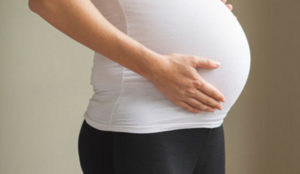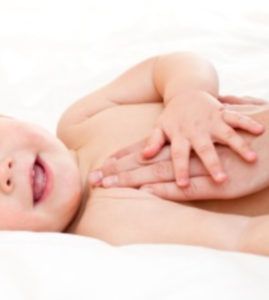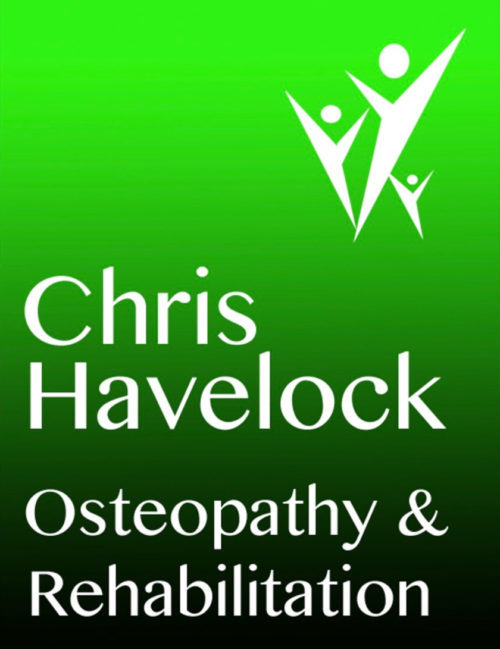CRANIAL OSTEOPATHY CAN SUPPORT BABIES WITH THE FOLLOWING:
- DIGESTIVE PROBLEMS
Such as reflux, often caused by tension put on the digestive system and the body during delivery. - FLAT HEAD SYNDROME
Where the asymmetry of head shape is the result of cranial moulding during pregnancy or birth. It can also develop during the first few weeks if the baby has the tendency to lie on one side. - BREASTFEEDING/BOTTLE FEEDING DIFFICULTIES
Often the result of birth strains in the jaw, neck or chest from a long or traumatic delivery such as forceps, which may affect the baby’s ability to latch on and suck properly. - TORTICOLLIS
A relatively common condition causing a twisting of your babies neck. This can happen due to positioning in the womb or after a difficult childbirth. This makes it hard or painful to turn their head. - CONSTIPATION
Osteopathic treatment may assist in the management of your baby’s bowel function by relaxing the pelvis and coordinating gut function.
Cranial osteopathy can help with all the above. As a baby’s skeleton is soft, Chris will use gentle techniques to help soothe and relax your baby.
OSTEOPATHY AND POSTNATAL CARE
We advise new mums book a postnatal check up approximately six weeks after birth, as well as six months later to determine any structural changes that may have occurred in their body. This is because childbirth places significant pressure on the pelvis, bladder and joints and traumatic deliveries, particularly those that involve the use of forceps, can be stressful for both mother and baby.
Aches and pains left undiagnosed can invariably worsen over a period of time which can require a longer treatment course. It is commonplace in European countries for a mother to undergo a course of pelvic floor rehabilitation and exercise following childbirth, which has been shown to reduce costs to the healthcare system further down the line.
Whether you’re suffering from pelvic strain, or pelvic instability resulting in further mechanical issues, an osteopath can help.
OSTEOPATHY FOR THE MOTHER
Osteopathy is often considered a treatment for back and neck problems arising from things like sporting injuries but did you know that it can also safely be used to relieve the aches, pains and discomfort that arise during and after pregnancy, as well as help prepare your body for the physical demands of labour.
- PRE-EXISTING ISSUES
Extra weight caused by the growing baby places extra pressure on the spine, joints, knees, feet as well as internal organs and the diaphragm so if a mother-to-be has previously suffered from things like back and neck pain or other musculoskeletal trauma prior to pregnancy, her body may struggle to make the necessary postural adjustments. - HEADACHES
Shoulder and neck tension and even headaches may arise midway through the pregnancy due to the weight of the developing baby. Posture may also be affected. - DIGESTIVE DISORDERS
Interestingly, at our clinic it’s not unusual for us to see expectant mothers suffering with impaired bowel function, a lazy colon – a result of their sedentary lifestyle – and chronic digestive disorders. - PELVIC GIRDLE PAIN
Mothers often come to us to help relieve the shooting, stabbing or burning sensations they feel when walking up and down the stairs, standing on one leg or sitting down. More often than not this is caused by the symphysis pubis (previously known as SPD), which has become overly relaxed in preparation for the birth of the baby rendering it unstable. Many expectant mothers experience a softening of the ligaments due to certain hormones released during pregnancy causing the joints to become increasingly flexible in preparation for birth. However, pre-existing strains may prevent the pelvis expanding fully during labour, which can result in lower back and groin pain. - HEARTBURN
Also know as reflux or GERD, is often caused by the expansion of the diaphragm and rib cage which can stretch the oesophageal sphincter leading to acid reflux.


